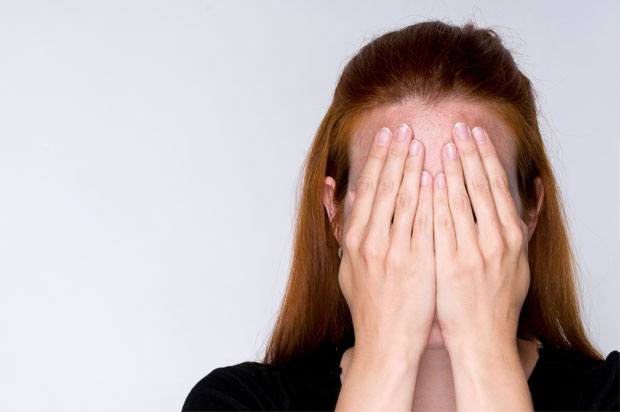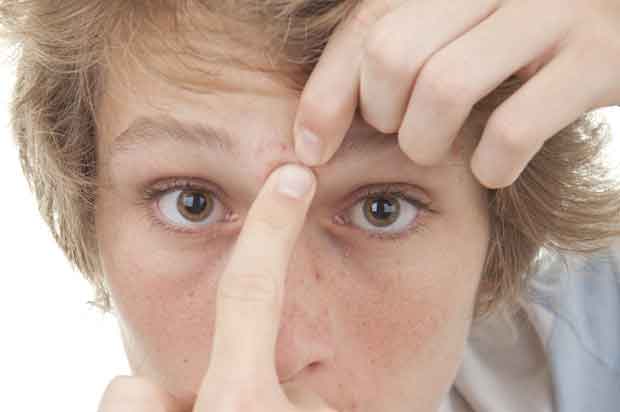Accutane, Roaccutane & acne treatments

Learn about acne & red blotch treatment.
We all get spots from time to time, but serious acne is harder to shift. If over-the-counter treatments just aren’t working, here are some of your options.
Antibiotics
If you see a doctor (GP) about acne it is likely that they will prescribe antibiotics, either as a lotion, skin cream or tablets. Antibiotics work by reducing the bacteria on your skin, which together with grease causes acne. A course of antibiotics usually lasts around six months and it normally takes around one to two months of treatment to see a noticeable improvement.
Benefits:
- People have used them for a long time.
- Unlikely to experience side effects.
- Roaccutane is available on the NHS.
- Effective for a lot of people.
Drawbacks:
- Acne often returns when people stop taking antibiotics.
- There is a popular belief that antibiotics should not be taken for a long time as bacteria can become resistant to them.
- It is also thought that antibiotics can weaken the immune system.
Roaccutane (aka accutane or isotretinoin)
Roaccutane is a powerful yet very effective drug used to treat acne. A compound of Vitamin A, it helps regenerate skin cells, and a course normally lasts about four to six months.
In the UK, Accutane (which is sometimes called Roaccutane or Isotretinoin, but they’re all the same thing) can only be prescribed by a dermatologist, which means you’ll need a referral from your GP. Roaccutane works by reducing the size of the sebaceous glands and reducing production of sebum oil in your skin.
Roaccutane is a very expensive drug, so the NHS prefers to prescribe it only for severe cases of acne. However, because the drug is so effective many people with milder forms of acne have taken Roaccutane to clear their skin up.
Since you need to see a dermatologist to get Roaccutane on the NHS, you will have to go on a waiting list. The NHS may also refuse to prescribe you the drug if they do not feel your acne is severe enough. Privately, you can see a dermatologist straight away.
Roaccutane price
As mentioned, in the UK Accutane can be prescribed on the NHS for a much cheaper price, but if you don’t want to wait for a free consultation, the price for your course of treatment will depend on the dose that is prescribed to you.
Prices range from about £35 per month for those on a low dose to £135 per month for those who are on a higher dose. These are just rough estimates because market fluctuations will affect how much your Isotretinoin capsules cost. And while it’s not exactly fair, the amount prescribed will be partly based on your body weight, so heavier people will pay more.
Also, remember that if you go private your initial consultation and any subsequent meetings with your consultant dermatologist will also cost you money as well.
Benefits:
- Very effective for all types of acne.
- Most people, even those with severe acne will have clear skin by the time they stop treatment.
- Can prevent future scarring.
- Most people’s acne does not return after finishing the course.
Drawbacks:
- Side effects while taking the drug include dry skin, dry lips (lip balms like vaseline are a must!), and other less common side effects such as muscle aches, joint pain and nose bleeds.
- Some people think one of the possible side effects of Isotretinoin is depression.
- Starting treatment isn’t always possible on the NHS and expensive if you go private.
- Roaccutane harms unborn babies so users should not get pregnant while taking the drug or for six months after. For this reason, female patients should also use contraception whilst taking the drug.
Other approaches
If treatment with Isotretinoin or antibiotics isn’t right for you, one of the most widely used herbal medicines for acne is tea tree oil, which has been found to be very effective without having some of the side effects of other treatments. Some people have also found acupuncture helps improve their skin.
If you don’t have acne but are struggling with annoying spots, check out our article on what causes spots here. See our other articles on body problems here.
Picture of girl with face in her hands by Shutterstock.
Next Steps
- Chat about this subject on our Discussion Boards.
By The Mix Staff
Updated on 29-Sep-2015
No featured article












